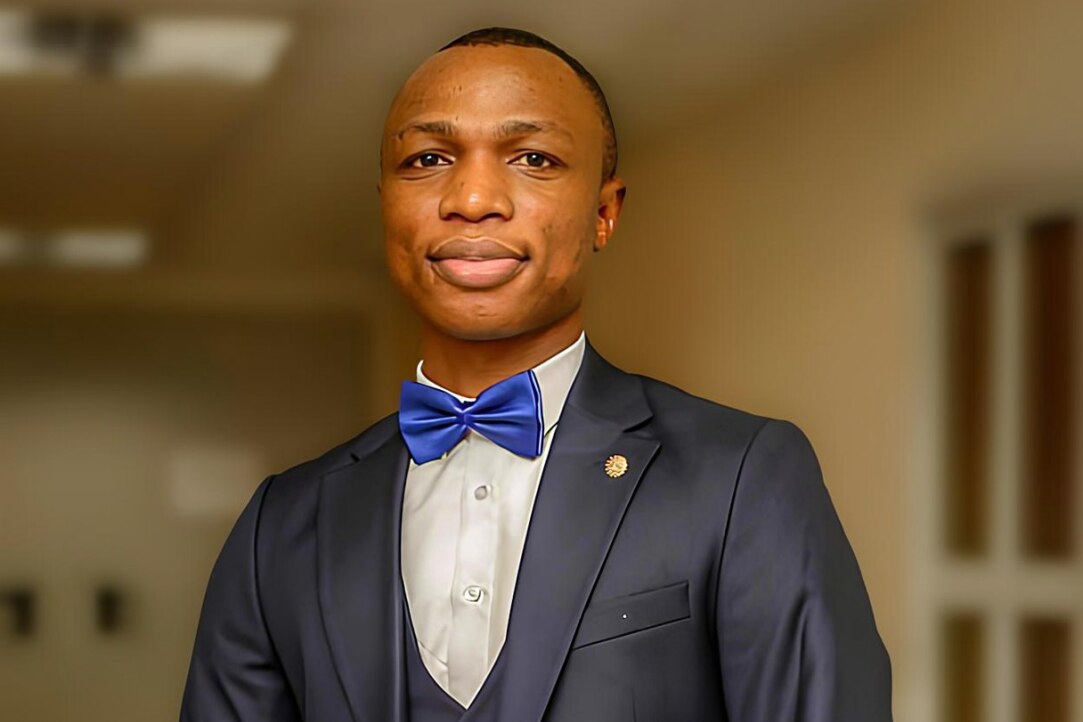
‘Education is the Mother of all Disciplines’
Moses Oluoke Omopekunola, from Nigeria, is a second-year student of the Science of Learning and Assessment (SOLA) programme. Intent on pursuing a career in psychometrics, he has already joined the PhD programme in Education to deepen his knowledge of the theory and methodology of learning. In this interview with the HSE News Service, Moses explains how his master’s programme aligns with his future plans, recalls the challenges he has faced, and shares the most valuable lessons he has learned so far.
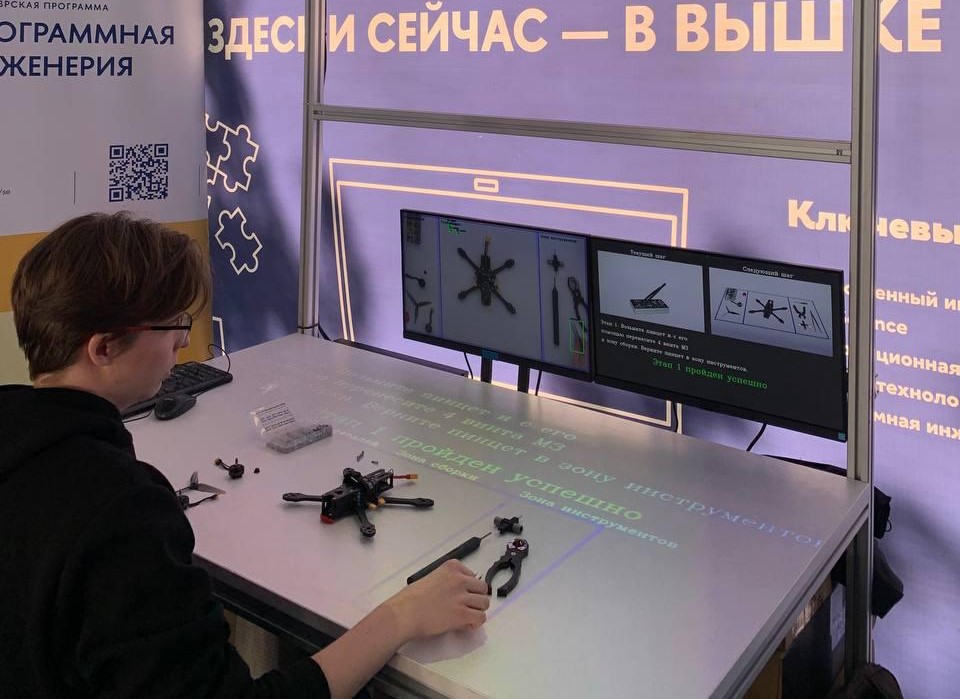
HSE University Presents Its Developments at the Positive Hack Days Fest
On May 22-24, HSE University presented its developments and degree programmes at the main IT event of the year, the Positive Hack Days International Cyber Fest at Luzhniki. Students and specialists of the Centre for Software Development and Digital Services of the Moscow Institute of Electronics and Mathematics (HSE MIEM), the School of Software Engineering of the Faculty of Computer Science, and the MIEM Workshop for Game Engineering and Interactive Systems together with students from HSE Art and Design School greeted festival guests.
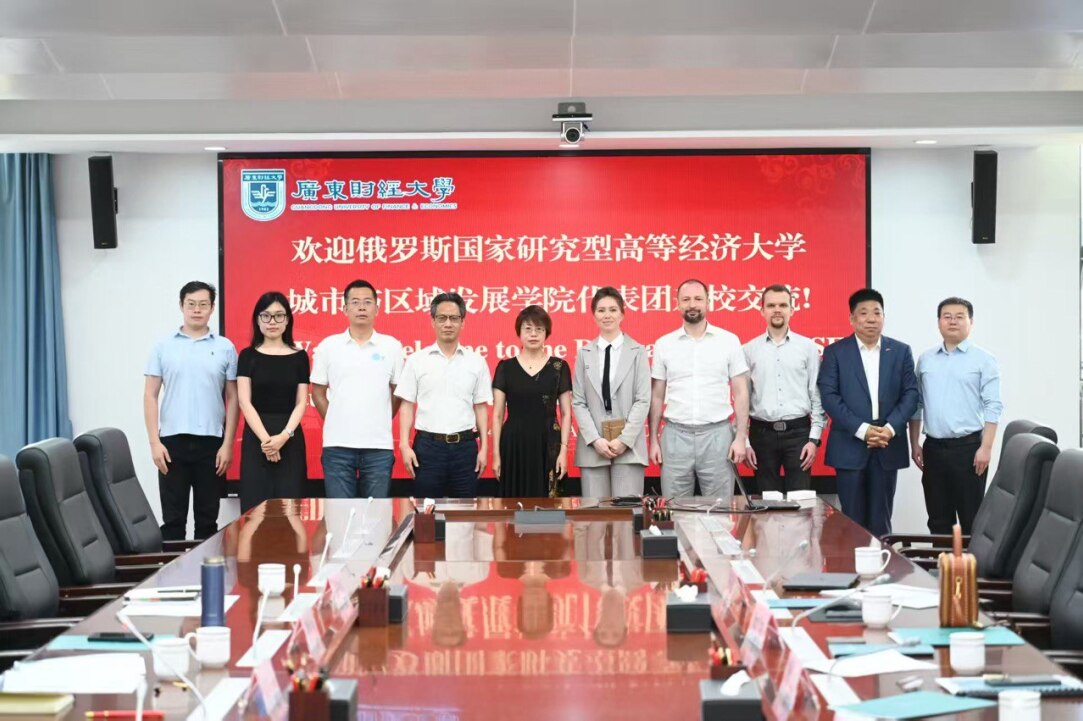
Urban Studies Experts from HSE Discuss Cooperation Prospects with Chinese Partners
The team of the HSE Faculty of Urban and Regional Development (FURD) has held a series of meetings with partners in China as part of its working visit focused on advancing cooperation. The agenda included urban and agglomeration ranking research, the development of unique educational programmes in urban studies, and other key topics.
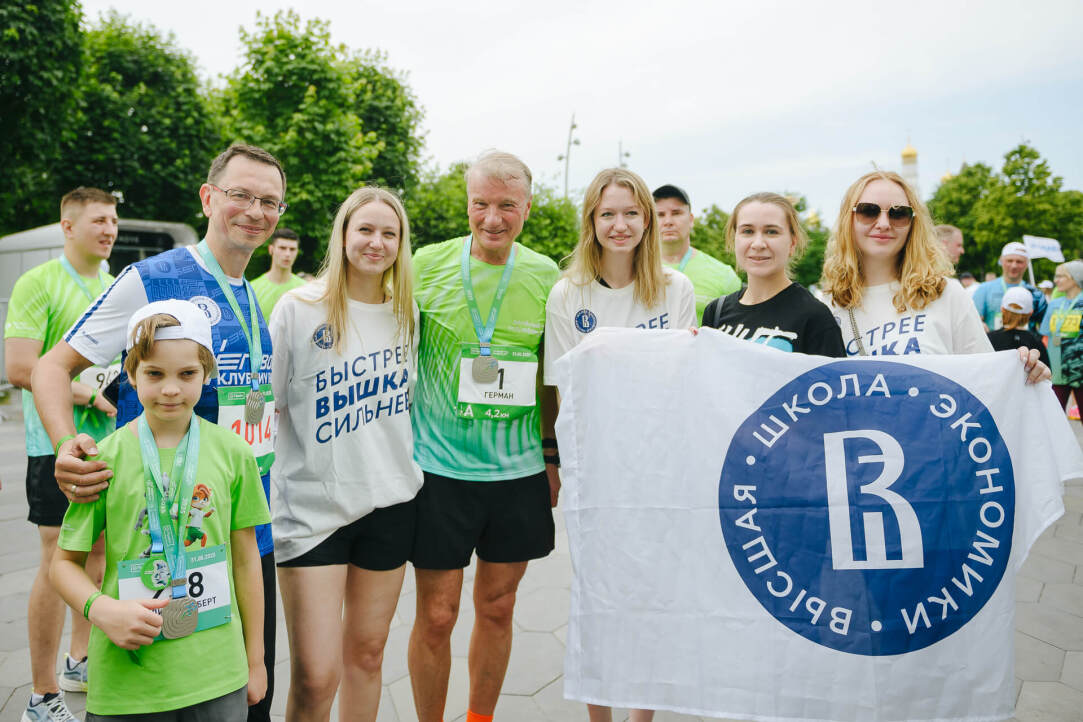
HSE Takes Part in Sber’s Green Marathon
The Green Marathon, organised by Sber, took place in Moscow. Several thousand people ran distances ranging from 4.2 to 21.2 kilometres, including the HSE Running Club team, HSE Rector Nikita Anisimov, and Sber’s CEO German Gref, who took part in the race alongside his son.
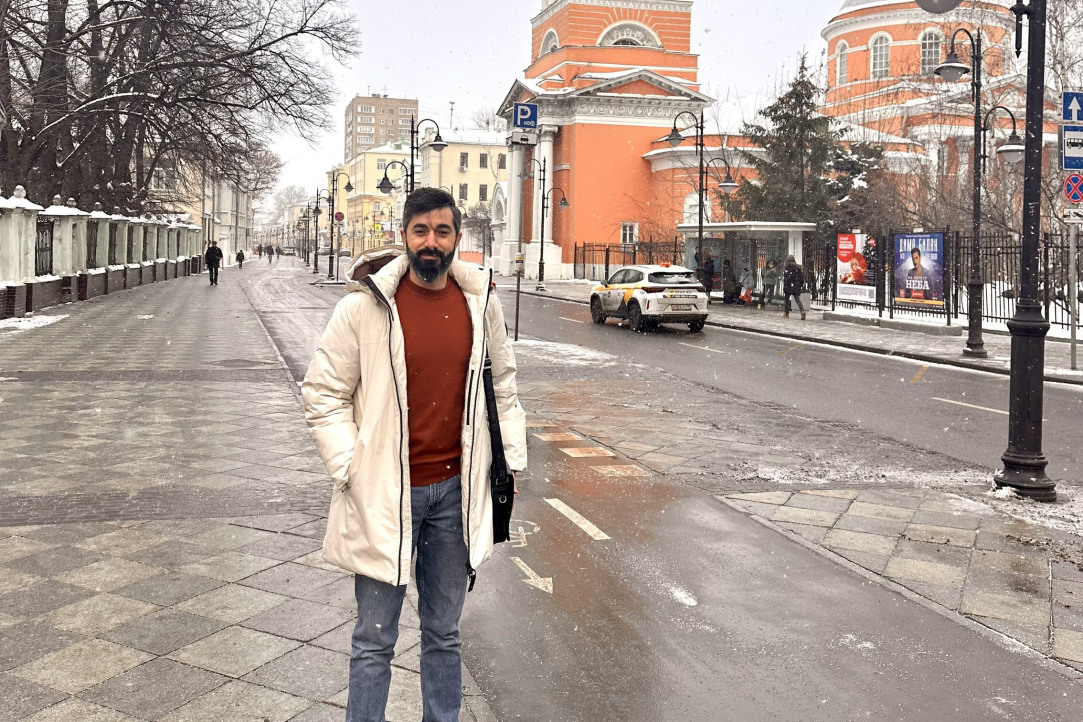
‘This Programme Helps Me Understand Global Dynamics’
Mahmoud Tarayra, from Jordan, is studying on the HSE University and Kyung Hee University Double Degree Programme in Economics and Politics in Asia. In his interview with the HSE News Service, he talks about his studies in Moscow, the difficulties of adjusting in Korea, and how to enjoy both summer and winter in Russia.
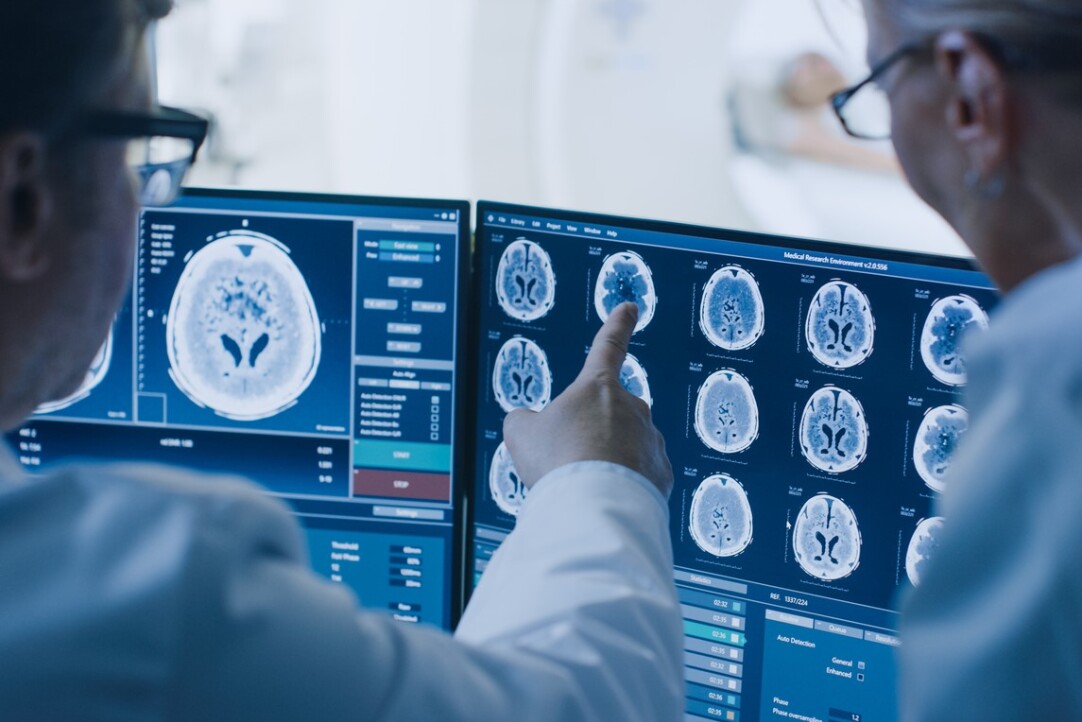
Machine Learning Links Two New Genes to Ischemic Stroke
A team of scientists from HSE University and the Kurchatov Institute used machine learning methods to investigate genetic predisposition to stroke. Their analysis of the genomes of over 5,000 people identified 131 genes linked to the risk of ischemic stroke. For two of these genes, the association was found for the first time. The paper has been published in PeerJ Computer Science.

Steve the Pigeon Helps Explain Moscow Bike Infrastructure
While studying at HSE University, students not only gain a strong theoretical foundation but also engage in rich project-based work. Many launch start-ups that later grow into major businesses or conduct significant research. For instance, students from the Contemporary Journalism Master’s programme developed a project on Moscow’s cycling infrastructure.

HSE Scholars Elected to Russian Academy of Sciences
On May 30, 2025, a general meeting of the Russian Academy of Sciences (RAS) announced the results of the elections for its full and corresponding members. Around 1,800 individuals took part in the voting. Among those elected this year are scholars from HSE University.
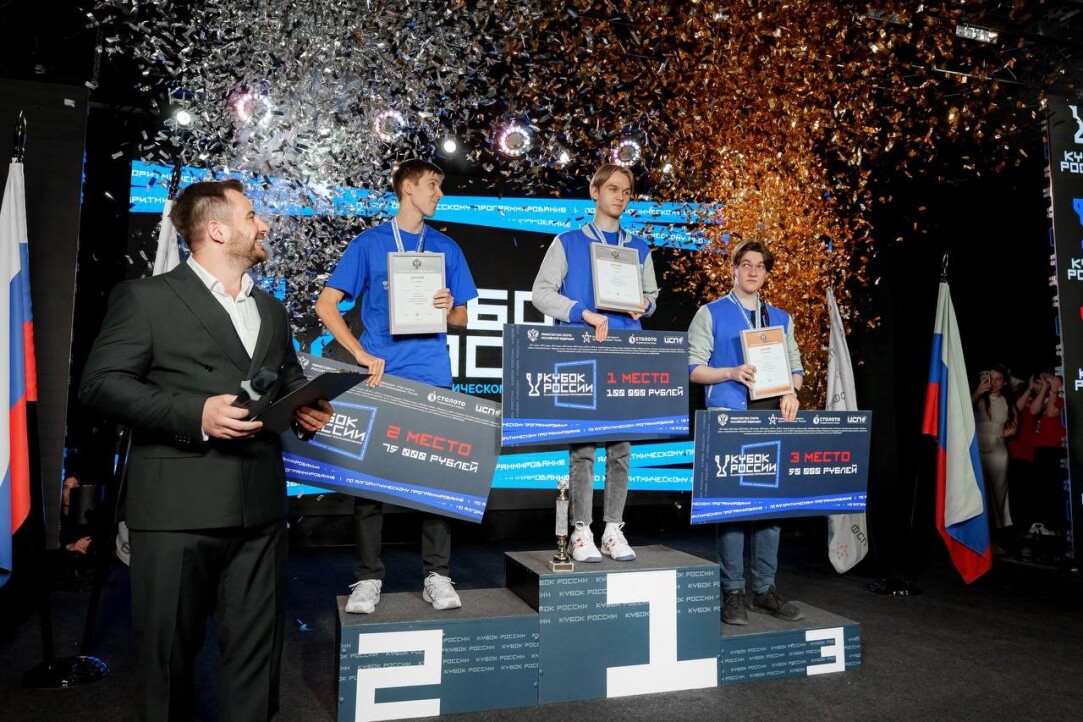
HSE Students Sweep the Podium at the National Cup of the Russian Competitive Programming Federation
The final of the Russian Competitive Programming Cup in the Algorithmic Programming discipline has taken place. Seven students and one lecturer from the HSE Faculty of Computer Science took part in the event. Bachelor’s students from the Applied Mathematics and Information Science programme claimed the top three places.

First Digital Adult Reading Test Available on RuStore
HSE University's Centre for Language and Brain has developed the first standardised tool for assessing Russian reading skills in adults—the LexiMetr-A test. The test is now available digitally on the RuStore platform. This application allows for a quick and effective diagnosis of reading disorders, including dyslexia, in people aged 18 and older.


Registration is open until April 1, 2025